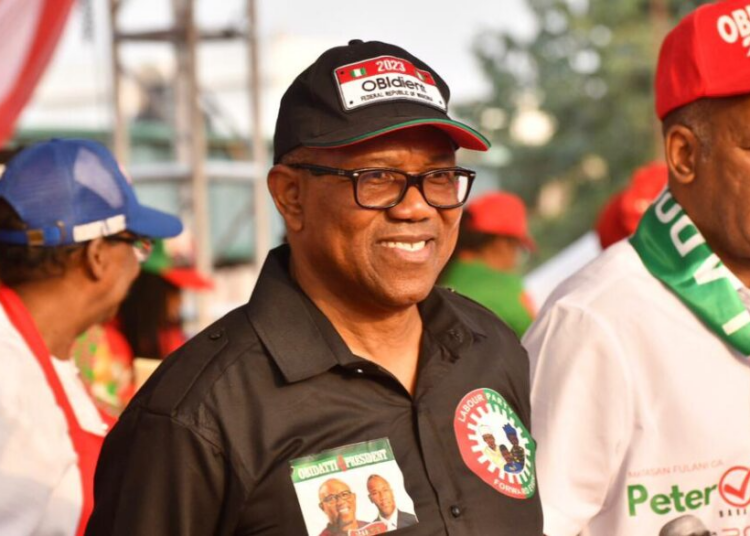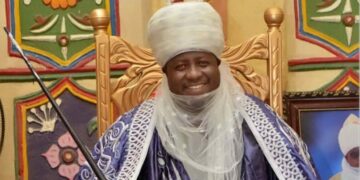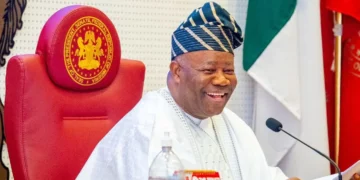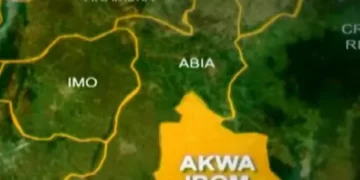A major factor in the 2023 election is the steady rise of Mr Peter Obi as a political force and what this might portend for the future of Atiku Abubabar.
Obi and Atiku had run for president on the platforms of the Labour Party (LP) and People’s Democratic Party (PDP) respectively.
In the 2019 general election, Atiku and Obi had been presidential and vice presidential candidates PDP in their unsuccessful quest to unseat the incumbent President Muhammadu Buhari of the ruling All Progressives Congress (APC) and both had started the race for the PDP presidential ticket in this election until Obi pulled out and defected to the Labour Party just before the primary election, citing certain developments in the party which he could not take.
After the emergence of Bola Ahmed Tinubu as APC candidate and Atiku for the PDP, Obi’s movement to the Labour Party gathered traction among young Nigerians yearning for change from the old politicians represented by Tinubu and Atiku, and saw many of the otherwise indifferent youths rushing to register in the Continous Voter Registration (CVR) in order to vote, with some going to court to Keep the registration from closing on the scheduled date.
Considered a political lightweight and a “social media” candidate, few pundits gave Obi any chance of altering the political equation in this election cycle, much less winning the presidential election, but his performance in last Saturday’s election has since silenced naysayers.
In less than 10 months of emerging as candidate of a hitherto ‘legless’ Labour Party, he was able to inspire youth and first-time voters to engage the electoral process. His impact was such that most local and international pre-election polls projected his victory.
Obi was, however, able to win 12 states across the northern and southern regions, the same number of states won by Tinubu and Atiku, even defeating Tinubu in his home state of Lagos, where he is a political behemoth, and taking a huge chunk of votes that would have gone to Atiku.
But how much harm has Obi’s political ascendency done to Atiku’s political status is another matter.
Atiku had gone into the 2023 election with a fragmented political party. Besides Obi’s pulling out of PDP, the group of five governors (G5) led by Governor Nyesom Wike, had distanced themselves from Atiku’s campaign in protest against a lopsided intra-party power-sharing arrangement. Also, the New Nigeria Peoples Party’s (NNPP) Rabiu Musa Kwankwaso, who won massively in Kano, had dumped PDP.
However, will the outcome of this election serve as Atiku’s last shot at the presidency, having contested the position six times in the last 30 years? In the next four years, he will be 80 years old. Will he try again, and can the PDP trust him with another ticket after he lost the last two elections consecutively? Or will the party go back to woo Obi back to the fold seeing as he is the likeliest politician with the kind of following to win power back from the APC? Tme will tell.





